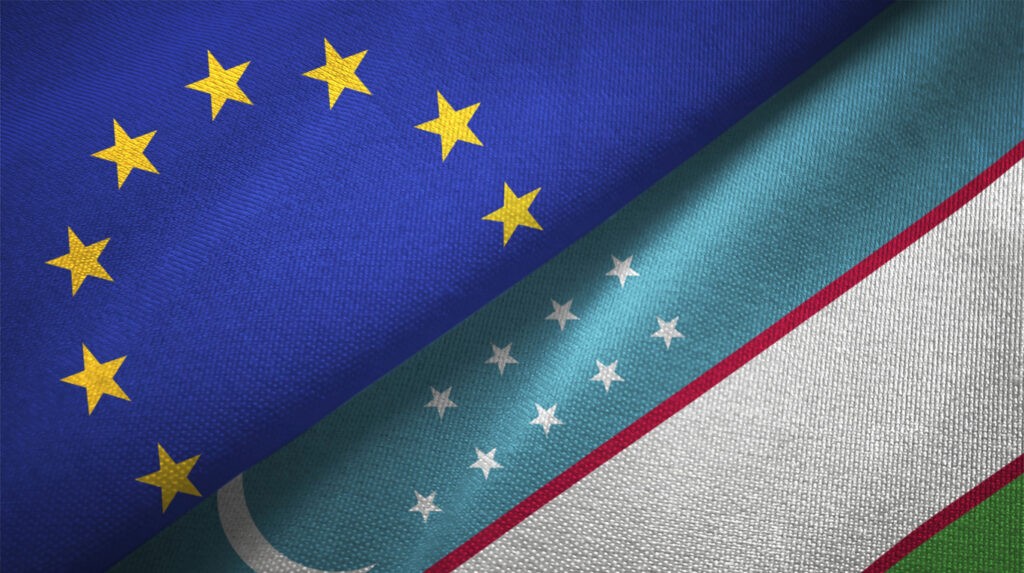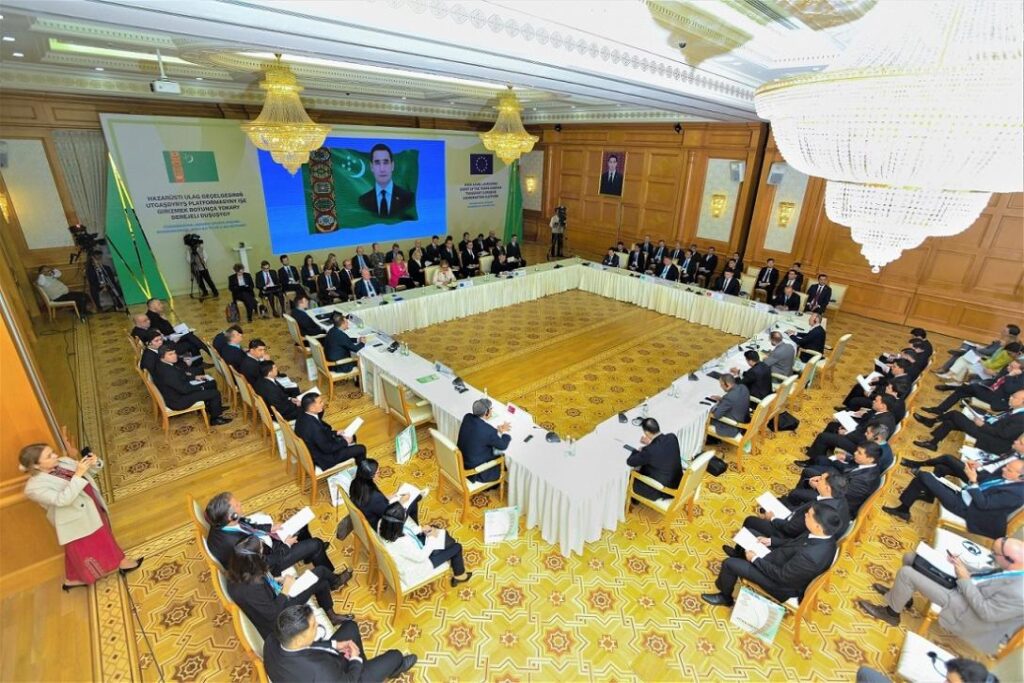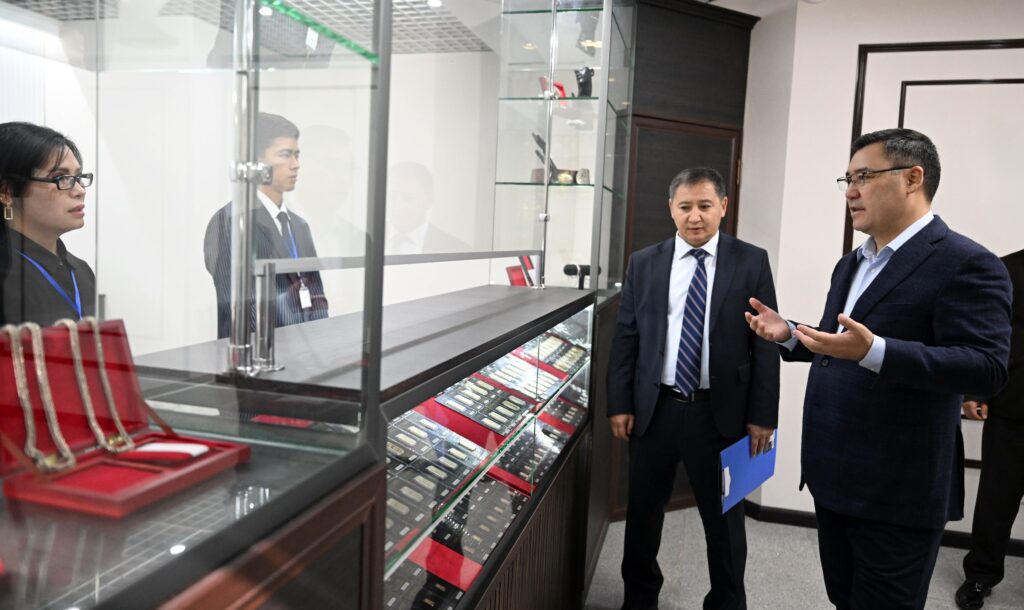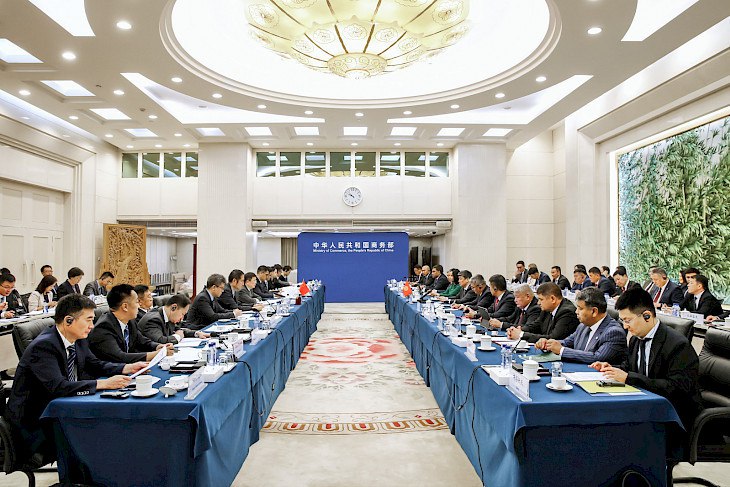TASHKENT (TCA) — The states of the European Union are important trade and economic partners of Uzbekistan, and year after year the number of industries created with the input of European companies in various sectors of the Uzbek economy is rapidly increasing, the Delegation of the European Union to Uzbekistan said.
The Chamber of Commerce and Industry of Uzbekistan last week held a meeting with the delegation of the Commission of the European Union. The meeting involved representatives of the Ministries of Investment and Foreign Trade, Employment and Labor Relations and the Council of the Trade Unions Federation of Uzbekistan, as well as a briefing with local businessmen.
The main topic of the meeting was to discuss issues of Uzbekistan receiving the status of the beneficiary of the “General System of Preferences Plus” (GSP +) of the EU, as well as familiarizing the Uzbek businessmen with the opportunities of increasing exports to the EU through this status.
Uzbekistan is currently a member of the basic GSP system, which makes it possible to export goods to the EU market at reduced tariff rates and duties. GSP + conditions provide additional tariff preferences and duty-free access to the EU market for 66% of the tariff lines, which in the future makes it possible to double the export volumes of Uzbek companies to EU countries. The criteria for granting this status also includes the level of providing safe working conditions in the country, protection of labor rights, the environment, and effective management of the production process.
During the briefing, detailed information was given on the advantages of the GSP + system for exporters of Uzbekistan, the required documents for processing export cargoes, as well as the conditions for Uzbekistan to obtain the status of a beneficiary country.
The delegation members were also familiarized with samples of textile products from leading textile companies of Uzbekistan.








